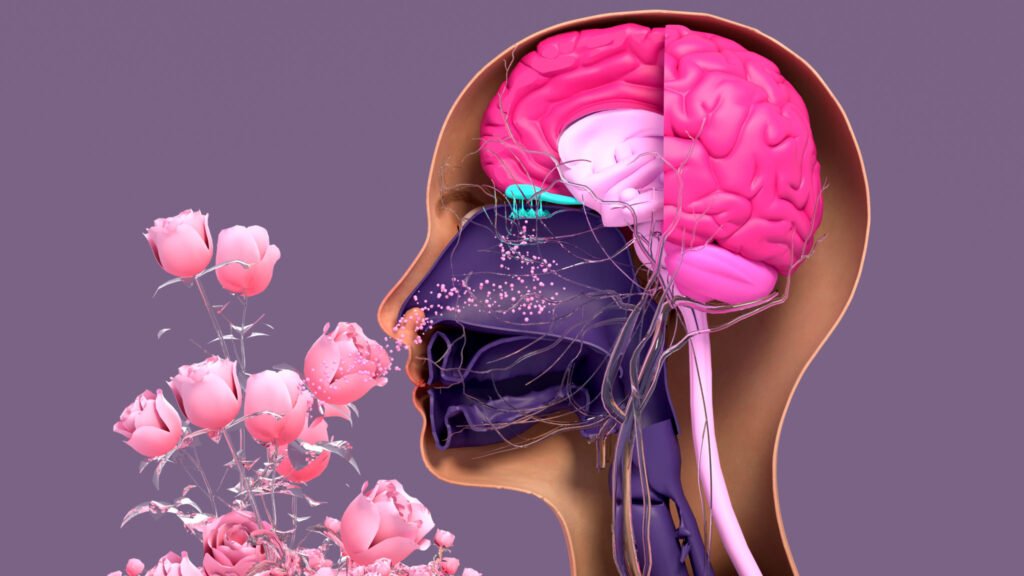Okay, so this doesn’t necessarily mean we are all a little bit psychic thanks to our sense of smell. But according to scientists, it’s believed older adults can smell just how many years they may have left.
As researchers published in a 2014 study, they “sought to determine if olfactory dysfunction is a harbinger of 5-year mortality.” What they discovered was that a loss of smell “is an even stronger predictor of when a person will likely die.”

In fact, this study claims that olfactory dysfunction is a stronger indicator than “heart failure, cancer, or lung disease.” Wow!
In a statement obtained by Live Science, lead author Dr. Jayant Pinto, an associate professor of surgery at the University of Chicago,” said, We think [the] loss of the sense of smell is like the canary in the coal mine. It doesn’t directly cause death, but it’s a harbinger — an early warning that something has gone badly wrong, that damage has been done.”
In order to come to this conclusion, the study looked at “a nationally representative sample of older U.S. adults.” This included 3,005 community-dwelling adults aged 57–85.
As the study revealed, the adults were first studied in 2005–6, and then their mortality was determined in 2010–11. Each of the adults was asked to identify five smells, “peppermint, fish, orange, rose, and leather.”
Seventy-eight percent of the participants were able to accurately name at least four of the five smells labeling them as having “normal smelling abilities.” Roughly 20 percent identified two or three scents correctly and the last 3.5-percent couldn’t identify any or only one of the five smells.

Five years later, it was determined that 430 of the adults had passed away. Thirty-nine percent of those deaths were the adults who showed “significant loss of smell.”
The study further revealed that 19 percent of the adults who died were those who exhibited moderate smell loss and just 10 percent of the adults who died aced their smell test just five years earlier.
“Obviously, people don’t die just because their olfactory system is damaged,” Martha McClintock, co-author of the study and a professor of psychology at the University of Chicago, said in a statement also obtained by Live Science.

Nonetheless, it’s believed that “a decreased ability to smell may signal what McClintock called a ‘decrease in the body’s ability to rebuild key components that are declining with age,’ leading to death by other causes.”
McClintock further added that olfactory dysfunction “could be a sign of slowed cellular regeneration, or, it could be the result of years of toxic environmental exposures.”


